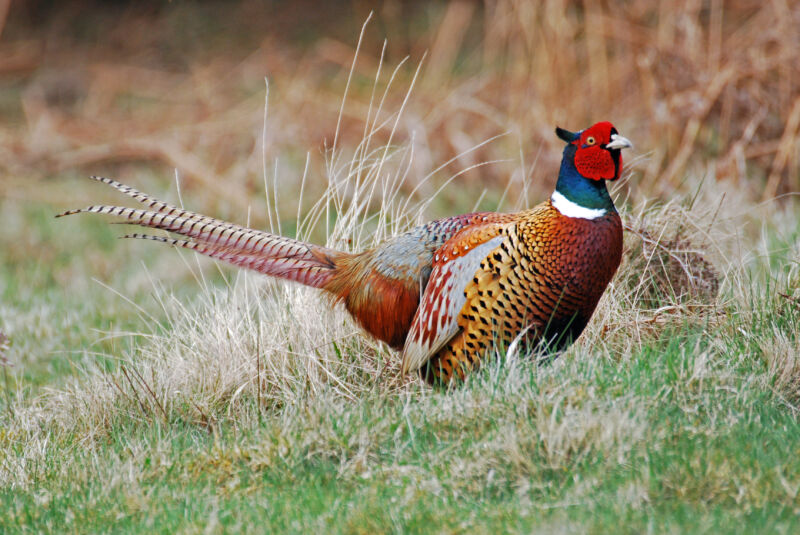Fowl research hyperlinks spatial pondering with not getting eaten
[ad_1]

It is fairly simple to hyperlink people’ intelligence to our success as a species. Issues like agriculture, constructing cities, and surviving in harsh environments require a big assortment of psychological abilities, from good reminiscence to the flexibility to speak and work collectively. But it surely’s typically much less clear what position intelligence performs in species with much less apparent psychological capabilities. In lots of circumstances, it is exhausting to even measure psychological capacities; in different circumstances, it is exhausting to guess which capacities may enhance survival.
A brand new research appears to be like at a chook species that does not have a lot of a popularity for braininess: the pheasant. However the researchers behind the research discover that pheasants have substantial variations in spatial pondering, and a few features of that spatial capability make a distinction when the birds are launched into the wild. These birds that do nicely with navigating a posh maze adopted a bigger house territory and did higher at avoiding being eaten. And, virtually as an accident, the research finds that the birds are inclined to get eaten extra typically after they wander out of acquainted territory.
Can’t outfox the foxes
Parrots and corvids have reputations because the brainiacs of the chook world. Pheasants, not a lot. However they do have benefits for the research of psychological skills. They’re simple to lift in captivity, the place they are often given numerous checks, and can regulate simply if launched into the wild. They’re additionally large enough that it is easy to connect monitoring gadgets to see what they’re doing after they have been launched.
For this research, the birds had been subjected to a few completely different checks of their psychological skills. One was easy, testing their capability to affiliate a selected shade with a meals reward. One other concerned navigating a posh two-dimensional maze to get entry to meals, which engages each visible and reminiscence techniques. And at last, they had been put in a chamber with 4 exits and a single piece of meals in every exit. This taxed visible working reminiscence for the birds to know which exits they’ve already retrieved meals from.
As soon as the birds had been examined for these psychological capabilities, they had been fitted with trackers and launched into the English countryside. Of the 126 pheasants launched, 45 fell sufferer to assaults by predators throughout the 4 months of the experiment—the native fox inhabitants taking the blame in all circumstances.
As soon as the 4 months had been up, the researchers analyzed the situation knowledge and checked for correlations with the psychological capabilities the birds had proven earlier.
[ad_2]
No Comment! Be the first one.